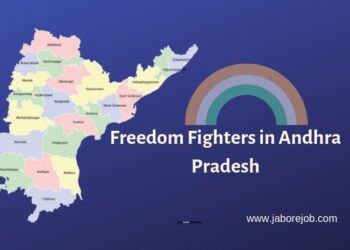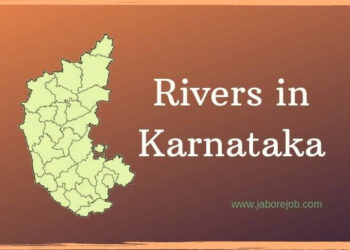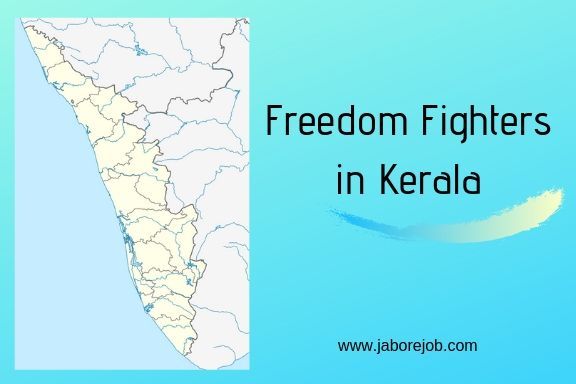71. Khudiram Bose (1889-1908)
- Also Spelled: Khudiram Basu
- Born: 3 December 1889, Midnapore district
- Died: 11 August 1908, Muzaffarpur
- Siblings: Aparupa Roy
Khudiram Bose was a freedom fighter, one of the youngest revolutionaries in the Indian independence movement. Bose was influenced by the notion of karma in the Bhagavad Gita and participated in revolutionary activities along with Prafulla aimed at freeing India from the British government.
He even spread the patriotism to the people by providing handbills which were written ‘Vande Mataram’ on the exhibition organized by the British how they are helping Indian people, later people started shouting the slogan that humiliated the British and Khudiram disappeared from the crowd.
72. Kalpana Datta (1913-1995)
- Later called: Kalpana Joshi
- Born: 27 July 1913, Boalkhali, Bangladesh
- Died: 8 February 1995, New Delhi
- Spouse: Puran Chand Joshi (1943–)
Kalpana Datta was an activist and a member of the Independence movement led by Surya Sen, who led the raid on the Chittagong Armory in 1930. On February 17, 1933, the police surrounded their hiding place in Gairila and she was arrested, but she was able to escape from there.
Political freedom was no longer the sole objective of the struggle, but empowering the masses to challenge oppression was.
73. Acharya J.B.Kripalani (1888-1982)
- Full Name: Jivatram Bhagwandas Kripalani
- Born: 11 November 1888, Hyderabad, Pakistan
- Died: 19 March 1982, Ahmedabad
- Spouse: Sucheta Kripalani (m. 1938–1974)
Acharya J.B.Kripalani was an accomplished politician and socialist, who contributed a lot, before and after the independence of India. He was a representative of the philosophy and ideology of Gandhi, many times got arrested by the British.
Kriplani was involved in Salt Satyagraha and Quit India Movement along with the service in the Congress party. Vinoba Bhave, the leader of what was left of the Gandhian faction. He was active with Bhave, in preservation and conservation activities during the 1970s.
74. Fakhruddin Ali Ahmed (1905-1977)
- Full Name: Fakhruddin Ali Ahmed
- Born: 13 May 1905, Old Delhi, Delhi
- Died: 11 February 1977, New Delhi
- Spouse: Begum Abida Ahmed (m. 1945–1977)
Fakhruddin Ali Ahmed meets Jawaharlal Nehru in England in 1925. He joins the INC and actively participates in the Indian freedom movement. In 1942, he was arrested during the Quit India movement and sentenced to three and a half years in prison.
Later he served in several departments of Government like Finance, Revenue, and Labor, and many others. He was the second Muslim president who was elected for the position and sad that he was the 2nd president to die in office due to a heart attack.
75. Khan Abdul Ghaffar Khan (1890-1988)
- Nicknames: Bāchā Khān, Frontier Gandhi, Pāchā Khān
- Born: 6 February 1890, Utmānzai, Pakistan
- Died: 20 January 1988, Peshawar, Pakistan
- Nationality: Afghan
Abdul Ghaffar Khan is one of the tallest fighters of freedom, not only in physical height but also in contributions and sacrifices. He dedicated his life to improving the countryman’s life and inspired the values of Gandhi, mainly non-violence.
He was strongly disagreeing with the partition of India, he formed Khudai Khidmatgar to unite people and work towards the secularity of India along with 1,00,000 members influenced for the freedom movement against the British.
76. C. Rajagopalachari (1878-1972)
- Full Name: Chakravarti Rajagopalachari
- Born: 9 December 1878, Thorapalli Agraharam
- Died: 25 December 1972, Chennai
In April 1930, C. Rajagopalachari was arrested on the Tanjore coast for leading a Dandi March to Vedaranniyam. Subsequently, he prepared the CR formula for cooperation between Congress and the League, which however was rejected by the Muslim League.
After independence, Rajagopalachari was chosen to be the last Governor-General of India, in the absence of Lord Mountbatten. His mandate lasted from 21st June 1948 to 26th January 1950.
77. Kittur Rani Chennamma (1778-1829)
- Full Name: Chennamma
- Born: 14 November 1778, Belagavi
- Died: 21 February 1829, Bailhongal
- Spouse: Raja Mallasarja (m. 1793–1816)
Kittur Rani Chennamma is known for her braveness shown against the British being women to get freedom. In October 1824, her first battle between the British and Kittur, British forces suffered heavy losses. St. John Thackeray, a British political agent, and collector, was killed by the Kittur’s forces.
Although she could not win the final battle against the British, she definitely created a revolution and became a source of inspiration for Indian women.
78. Ram Singh Kuka (1816-1885)
- Also called: Sri Satguru Ram Singh Kuka
- Born: 3 February 1816, Ludhiana
- Died: 29 November 1885, Dhaka, Bangladesh
Ram Singh Kuka is a philosopher and reformer, the first Indian to use non-cooperation and the boycott of British products. He also asked Russia to help to throw the British from the country, but it was refused. 14 years he spent his time in prison.
He had also initiated the boycott of British educational institutions and foreign products. In fact, he is considered the first Indian to use non-cooperation and boycott as political weapons.
79. Madan Lal Dhingra (1883-1909)
He was a student revolutionary in England, where he murdered Sir Curzon Wylie, a British parliamentarian, considered one of the first acts of revolution of the Indian independence movement of the 20th century.
80. Saifuddin Kitchlew (1888-1963)
He wanted harmony between Hindus and Muslims and asked the people to get involved in the national movement regardless of religious feelings. He opposed from the beginning the separatist ideology of the Muslim League of India.












